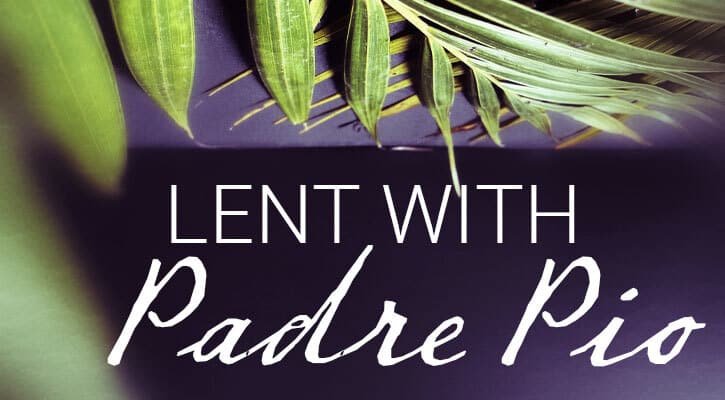When you start with Francis and Clare, and then move on to Bonaventure, Anthony, Scotus, Angela of Foligno, and the many Poor Clare saints and blesseds, you see that they appear to be living inside of a set of relationships that they quite traditionally name “Father, Son, and Holy Spirit.” But these experiences of communion are real, active, and involved in their lives, as if they are living inside of a Love-Beyond-Them-Which-Yet-Includes-Them. They are drawn into an endless creativity of love in wonderful ways that reflect the infinite nature of God. They seem to shout out gratitude and praise in several directions: from a deep inner satisfaction (the indwelling Holy Spirit), across to the other (the ubiquitous Christ), and beyond what I can name or ever fully know (the formless Father).
If I would be honest, our Trinitarian mystics sometimes make me wonder if I am in on the full Mystery myself yet. Maybe that is the very effect they are supposed to have on us.
—from the book Eager to Love: The Alternative Way of Francis of Assisi
by Richard Rohr








